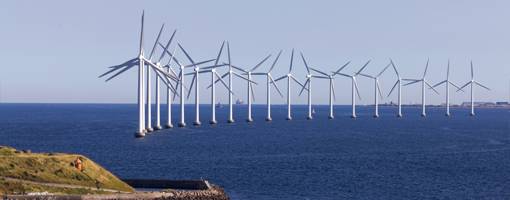The European Parliament has now agreed on the measures proposed by the EC to tackle marine litter coming from single-use plastic products.
The wide-ranging Single-Use Plastics Directive passed with 560 to 35 votes and will come into force by 2021. Single-use plastics items and fishing gear, encompassing the ten most found items on EU beaches, will be banned as part of the EU Plastics Strategy – which has the target of all plastic packaging placed on the EU market as reusable or recyclable by 2030 – and is an essential element of the EC’s Circular Economy Action Plan.
First VP Frans Timmermans, responsible for sustainable development said: "Today we have taken an important step to reduce littering and plastic pollution in our oceans and seas. We got this, we can do this. Europe is setting new and ambitious standards, paving the way for the rest of the world."
The Directive will ban single-use products made of plastic for which alternatives exist on the market: such as cotton bud sticks, cutlery, plates, straws, stirrers, sticks for balloons, as well as cups, food and beverage containers made of expanded polystyrene and on all products made of oxo-degradable plastic.
The EC also wants to encourage a reduction in consumption of food containers and beverage cups made of plastic and specific marking and labelling of certain products, and extend responsibility to producers to help with the cost to clean-up litter.
There is also a separate collection target for plastic bottles by 2029 of 90 per cent (77 per cent by 2025) and the introduction of design requirements to connect caps to bottles, as well as target to incorporate 25 per cent of recycled plastic in PET bottles as from 2025 and 30 per cent in all plastic bottles as from 2030.
The proposed Directive follows a similar approach to the successful 2015 Plastic Bags Directive, which brought about a rapid shift in consumer behaviour. It is hoped the measures will prevent the creation of 3.4 million tons of CO2 equivalent; save consumers a projected €6.5bn and avoid environmental damage to the value of €22bnby 2030.
Latest News
-
Cardfactory funds homelessness charity’s team of psychologists
-
Bingo firm raises £300,000 for the Stroke Association
-
Sainsbury’s links up with Comic Relief for festive recipe campaign
-
Shepherd Neame extends air ambulance charity partnership
-
Businesses help festive match funder raise a record £57.4m
-
Firms help fund regional mayors' initiatives to tackle childhood inequality
© 2019 Perspective Publishing Privacy & Cookies







Recent Stories